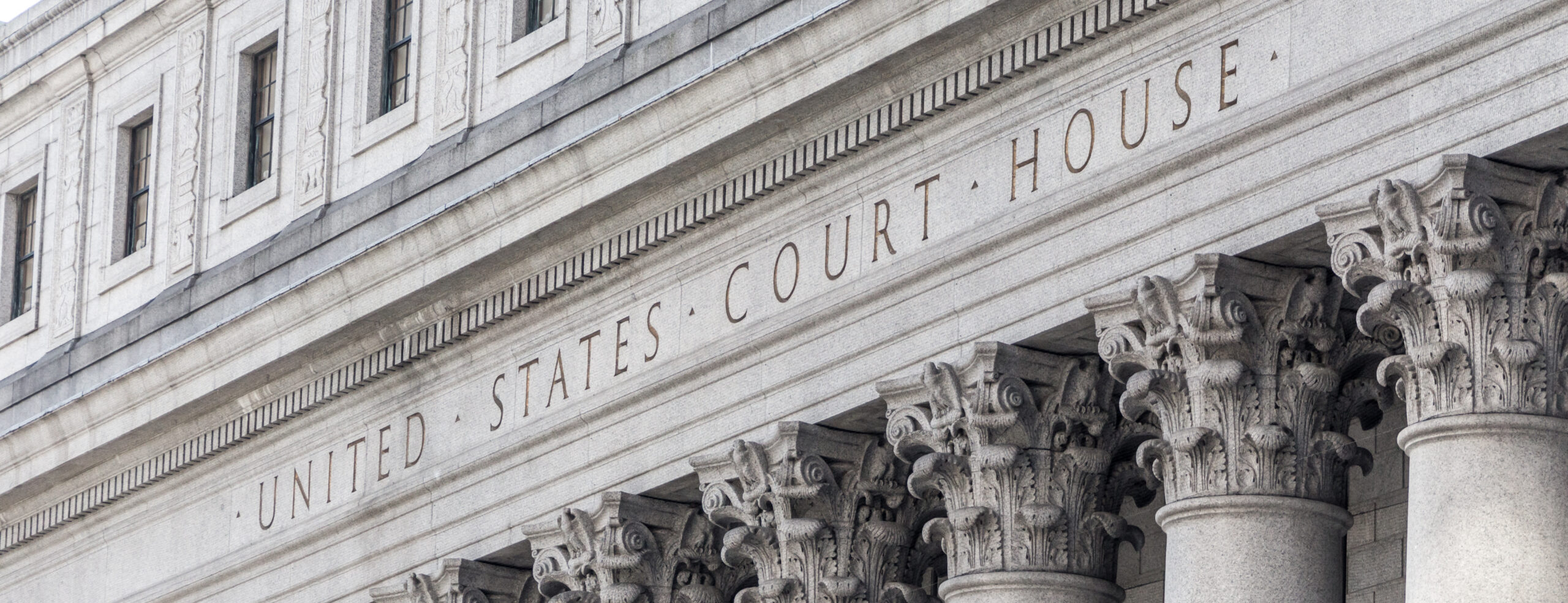The U.S. Supreme Court released an order yesterday denying a request that the Court review a decision reached in the case Brickman v. Meta.
Brickman v. Meta was decided by the Ninth Circuit Court, which reviewed the question of whether an autodialer as defined by the Telephone Consumer Protection Act (TCPA), known as an “automatic telephone dialing system” (ATDS), must use a random or sequential number generator (RSNG) to actually generate the telephone numbers that are dialed. The Ninth Circuit court held that, yes, the dialer must actually use the RSNG to generate a list of telephone numbers to be called.
Earlier this year, Brickman filed a Writ of Certiorari with the U.S. Supreme Court asking that it overturn the Ninth Circuit decision and find that using an RSNG to index a list of prepopulated telephone numbers that was then automatically dialed would constitute an ATDS pursuant to Facebook vs. Duguid. The Brickman case and the Supreme Court’s refusal to review the decision is significant because calls to cell phones using an ATDS require consent. That consent must be in writing and meet specific TCPA disclosure requirements if the call is for marketing purposes. Failure to obtain such consent can lead to significant fines because every call without consent can result in a $500 – $1500 penalty.
Michele is the Managing Partner at M&S and former Chief of the Ohio Attorney General’s Consumer Protection Section. Bringing more than two decades of experience in the consumer protection arena, she advises highly regulated businesses on a wide range of telemarketing, privacy, and other consumer protection matters.



